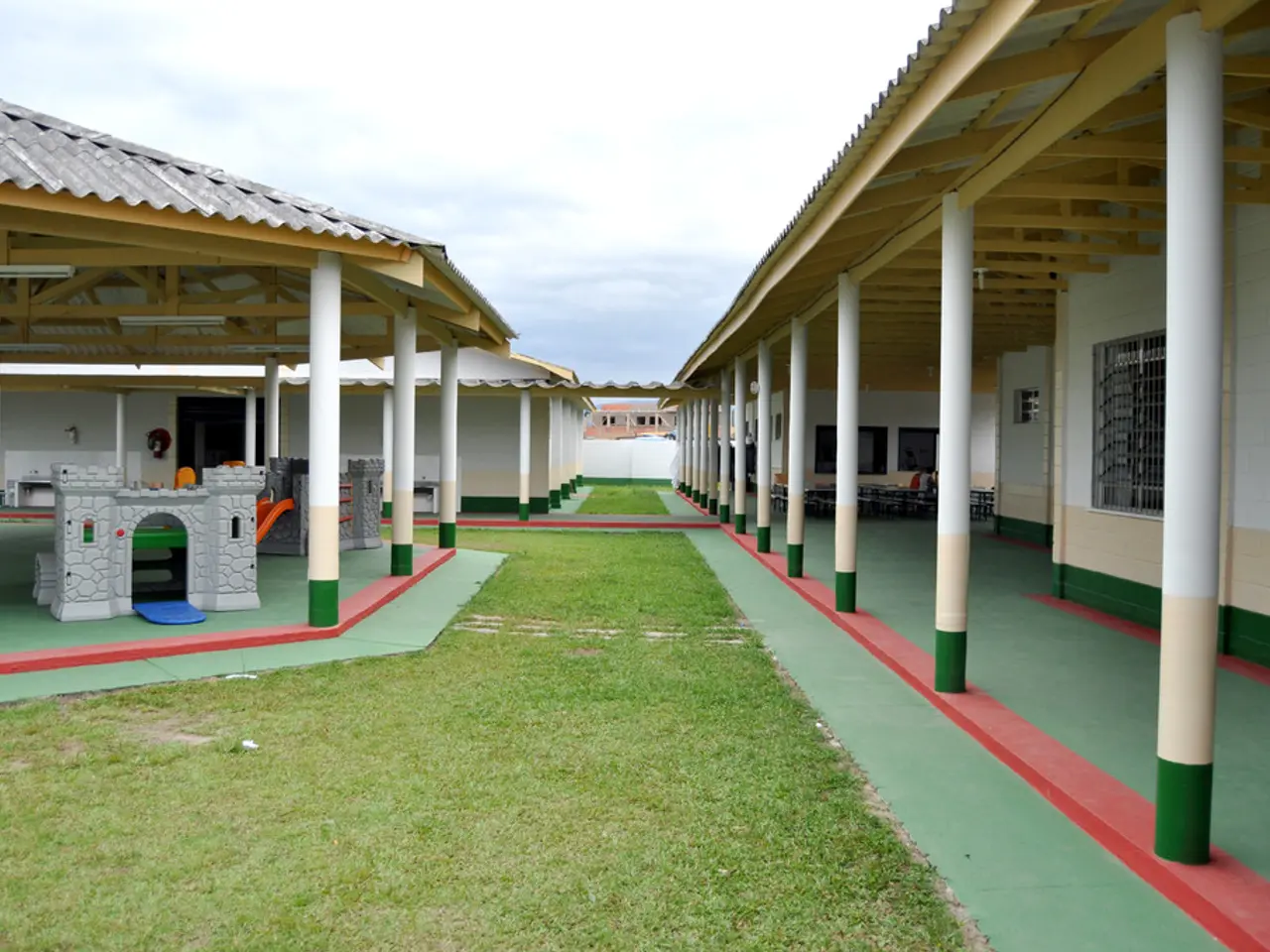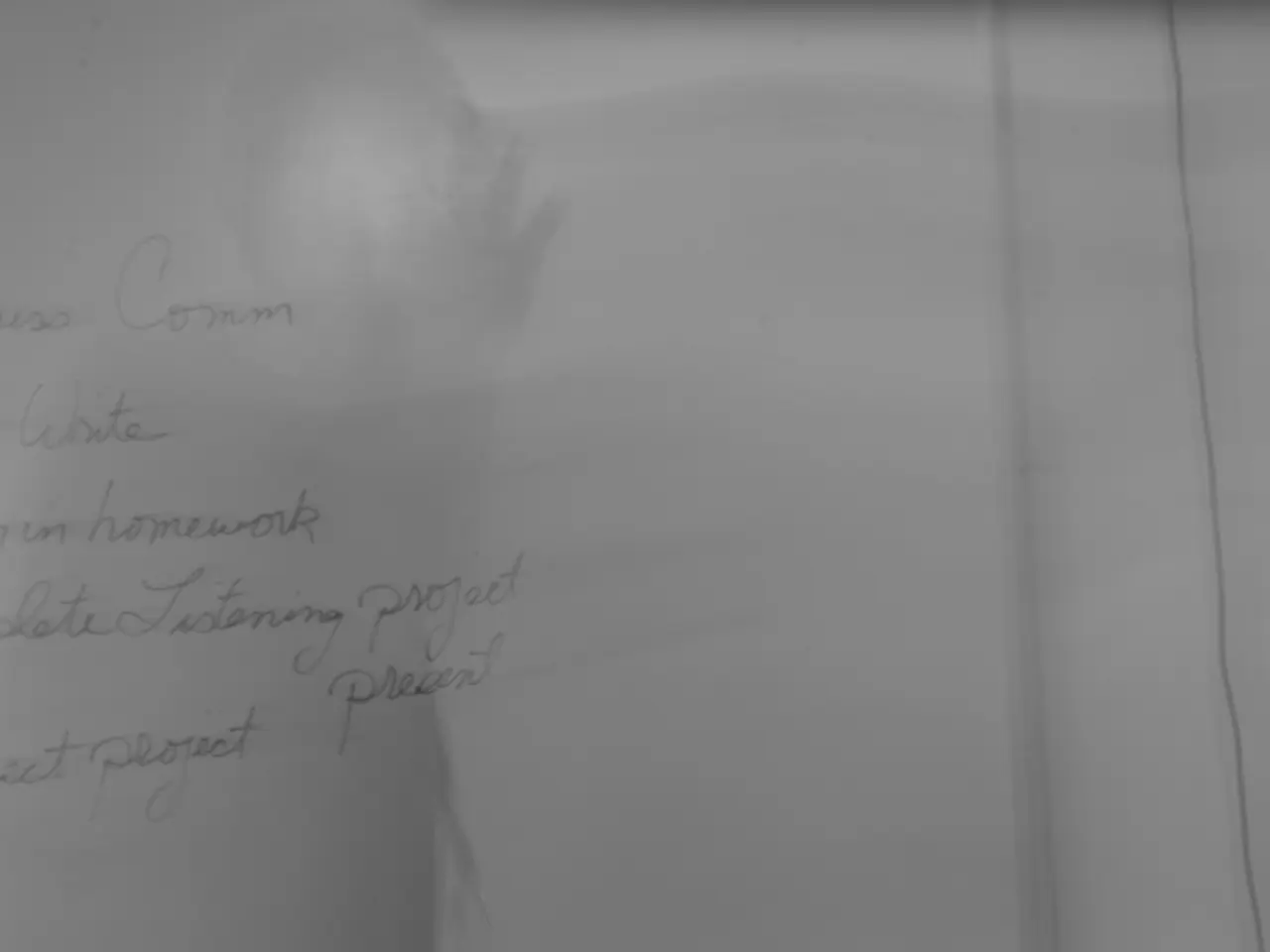Examination of Aachen City led by GpaNRW through an external evaluation
The city of Aachen, renowned for its leadership in climate protection efforts, has recently been audited by the North Rhine-Westphalia Municipal Audit Office (gpaNRW). The audit, published on the gpaNRW's website (www.gpa.nrw.de), covers various aspects of the city's operations, including finances, mobility management, information technology, building management/climate protection, and more.
Mayor Sibylle Keupen expressed her satisfaction with the positive evaluation of Aachen's climate protection efforts by the gpaNRW. She acknowledged that the city takes on an important role model function in this regard.
However, the achievement of Aachen's greenhouse gas neutrality target by 2030 remains uncertain due to external developments and budgetary possibilities. It is crucial that the city intensifies its own consolidation efforts to achieve a balanced budget in the medium term.
In recent years, Aachen has maintained a solid equity base through balanced annual accounts. The city is currently expanding its electronic file and introducing a document management system as part of its digitalization efforts. This digital transformation can contribute to reducing inner-city traffic by offering flexible and mobile work options, thereby encouraging employees to forgo the use of private vehicles for their commute.
Digitization remains an important task for Aachen. Frank Breidenbach, project leader, suggests that digitizing administrative processes, such as the building permit procedure, can lead to customer-friendly administration and efficiency gains.
However, the available search results do not contain specific information about the financial consolidation and sustainable financial planning recommendations for Aachen as outlined in the gpaNRW report.
It is worth noting that Aachen operates good budget control and is committed to sustainability goals. The city has already made significant strides in sustainable mobility, which can enhance its attractiveness as an employer.
However, the balancing reserve of the city could be fully consumed by 2025. This underscores the need for careful financial planning and the exploration of alternative funding sources.
The city of Aachen is likely to no longer be able to finance its administrative activities from its own resources in the coming years. Increased investment loans have resulted from extensive investments in the city's assets. This highlights the importance of maintaining a balanced budget and ensuring financial sustainability.
The gpaNRW, which is part of the state's oversight of municipalities and is headquartered in Herne, is responsible for the external audit of all 396 municipalities, the 30 districts, the city-region of Aachen, the two regional associations, and the Regional Association Ruhr (RVR). The new president of gpaNRW, former mayor Michael Esken, presented the audit results, with Simone Kaspar, deputy president of gpaNRW, overseeing the process.
In conclusion, while Aachen has made significant strides in various areas, particularly in climate protection and digitalization, the city faces challenges in achieving financial sustainability. The gpaNRW audit report provides valuable insights and recommendations that Aachen can use to navigate these challenges and secure a sustainable future.
- Despite Aachen's advancements in climate protection and digitalization, the financial sustainability of the city is a crucial concern, as the balancing reserve could be depleted by 2025, necessitating careful financial planning and the exploration of alternative funding sources.
- To attain financial sustainability, Aachen may consider the recommendations outlined in the gpaNRW audit report, which could include focusing on sustainable financial planning and consolidation efforts, particularly indigitalizing administrative processes, such as the building permit procedure, to improve efficiency and reduce costs.




